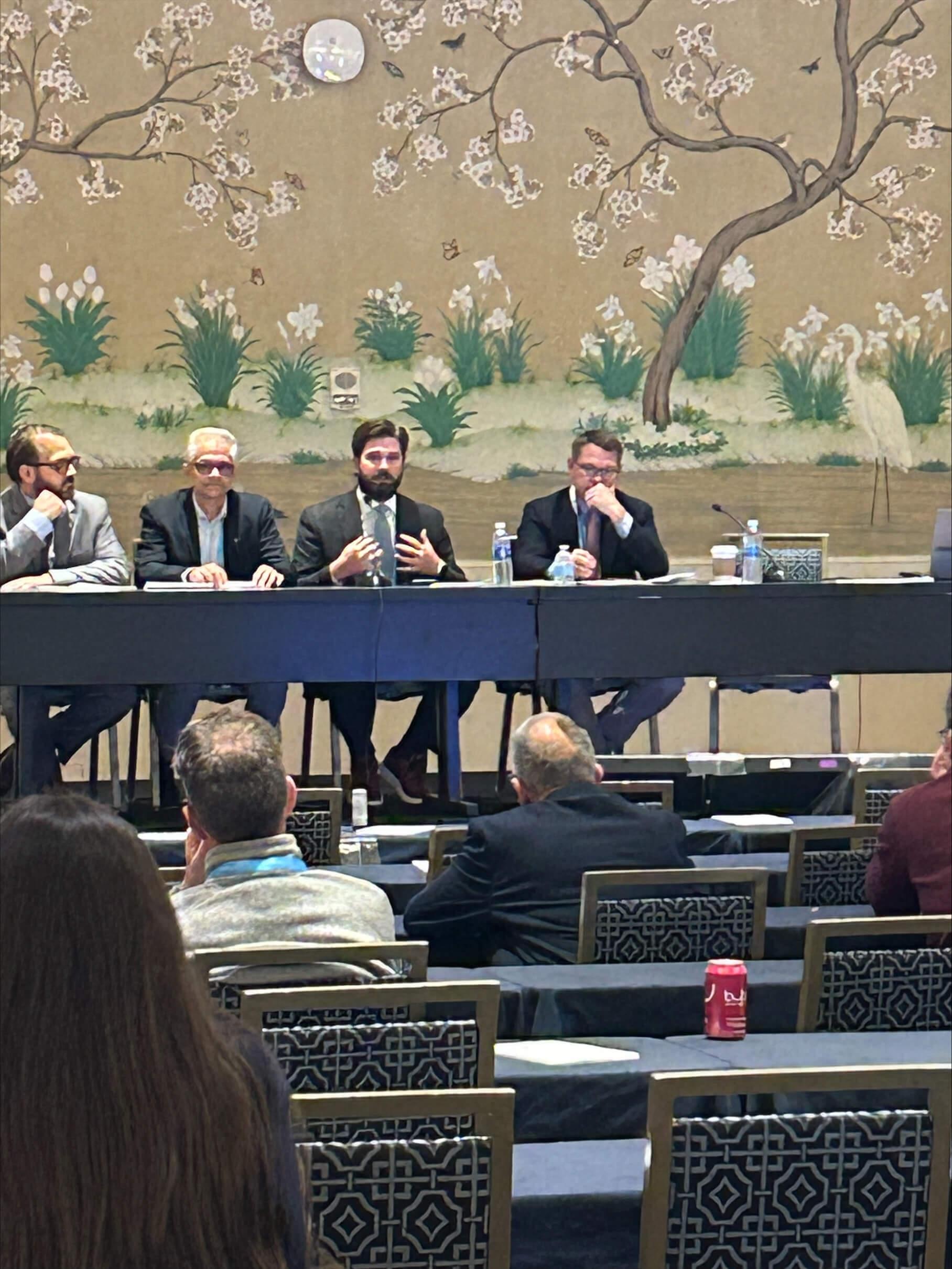
After a fracture, pediatric patients may rate pain differently than their caregivers
Research by Tyler McDonald, M.D., showed that in patients ages 8 to 17 with upper extremity fractures who were presenting for initial treatment, caregivers overestimated the children’s pain. To a lesser degree, caregivers overestimated the children’s stress and underestimated physical function.
When asked to rate their pain, psychological stress and physical function, children recovering from a fracture may give answers that differ from the ones their caregivers provide, according to research conducted at USA Health.

Caregivers may be overestimating the degree to which pain interferes with the children’s well-being, according to research led by Tyler McDonald, M.D., a pediatric orthopaedic surgeon at USA Health and an assistant professor of orthopaedic surgery at the Frederick P. Whiddon College of Medicine at the University of South Alabama.
McDonald presented the findings at the recent joint meeting of the Pediatric Orthopaedic Society of North America and the European Pediatric Orthopedic Society in National Harbor, Maryland. Medical student Cade Smelley, a member of the Class of 2025 at the Whiddon College of Medicine, was co-author on the study.
The researchers reviewed responses from 100 children ages 8 to 17 and their caregivers collected through PROMIS, a patient-reported outcomes measurement information system. The system offers self-report, in which the child answers, and parent-proxy, in which the parent answers on the child’s behalf. “We questioned whether there would be a difference between the self-report and parent-proxy PROMIS results,” McDonald said.
The data showed that in patients ages 8 to 17 with upper extremity fractures who were presenting for initial treatment, caregivers overestimated the children’s pain. To a lesser degree, caregivers overestimated the children’s stress and underestimated physical function, the research found.
McDonald said that the findings may have implications for pediatric fracture care. “Clinicians must use caution when choosing whether to administer the self-report or parent-proxy report, as the results between child and caregiver may differ,” McDonald said.





